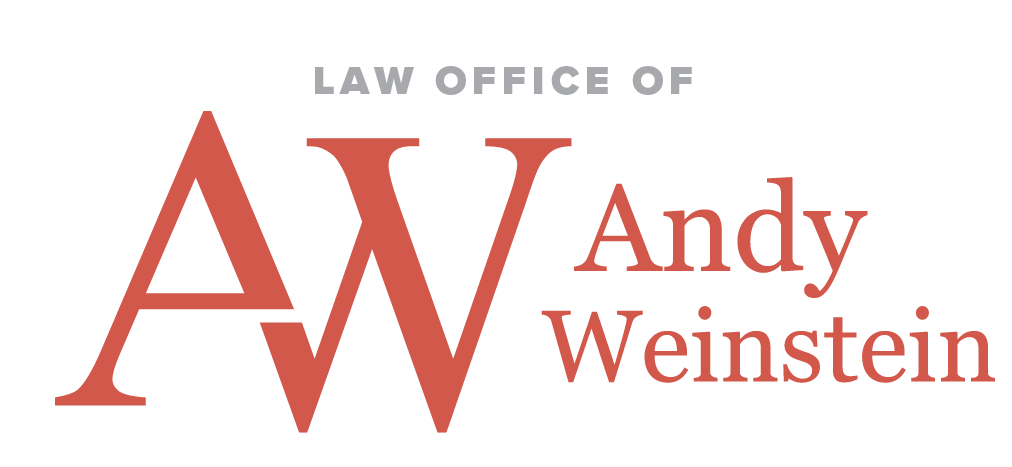In our last post, we discussed civil asset forfeiture in New Jersey. However, many of our readers wondered if it applied in New York as well, and if so, how it was applied. And, luckily, the law here is much fairer.
Civil asset forfeiture generally
As a refresher, civil asset forfeiture is how law enforcement agencies can take your property without even being charged with a crime. As you can imagine, since this is a taking without compensation, it is highly controversial because it violates your due process rights, in addition to creating the perverse incentive for police to effectively steal money. And, of course, it generally disproportionately affects low-income and minority communities.
New York’s civil asset forfeiture law
In our state, civil asset forfeiture is codified in Article 13-A of the Civil Practice Law and Rules, and it is one of the oldest civil asset forfeiture laws in the United States. Originally, it allowed both state and local agencies to file civil lawsuits to take property and assets (i.e., cash, vehicles, stocks, etc.) there were derived from or involved in just about any felony offense. This includes fraud, drug trafficking, money laundering, etc.
That law put the burden of proof on the government to justify such a taking with clear and convincing evidence. In addition, you have to prove by a preponderance of the evidence that you are an innocent owner or that you did not know or consent to any illegal use of your property.
Unlike New Jersey, New York Article 13-A provided property owners with many safeguards. You must receive a seizure notice, you have the right to a prompt hearing, the right to counsel, trial by jury and a right to appeal. Unfortunately, in practice, these safeguards are still insufficient and ineffective.
Civil asset forfeiture reforms
In 2019, our state reformed Article 13-A to help mitigate abuses. These reforms limited pretrial restraints on property and eliminated money judgment actions. As such, the New York state and local agencies can no longer freeze the money you need to use for your living expenses and legal fees.
The reforms also restricted common scheme or plan liability. Prior to the reform, if the government claimed that your property was part of a common scheme or plan, regardless of your awareness of it, they could take your property. Now, this practice is limited to when the owner is actually convicted or pleaded guilty to that alleged common scheme or plan.
Of course, there were additional reforms, but the key takeaway is that New York restricts civil asset forfeiture. You have many more rights than in New Jersey.

